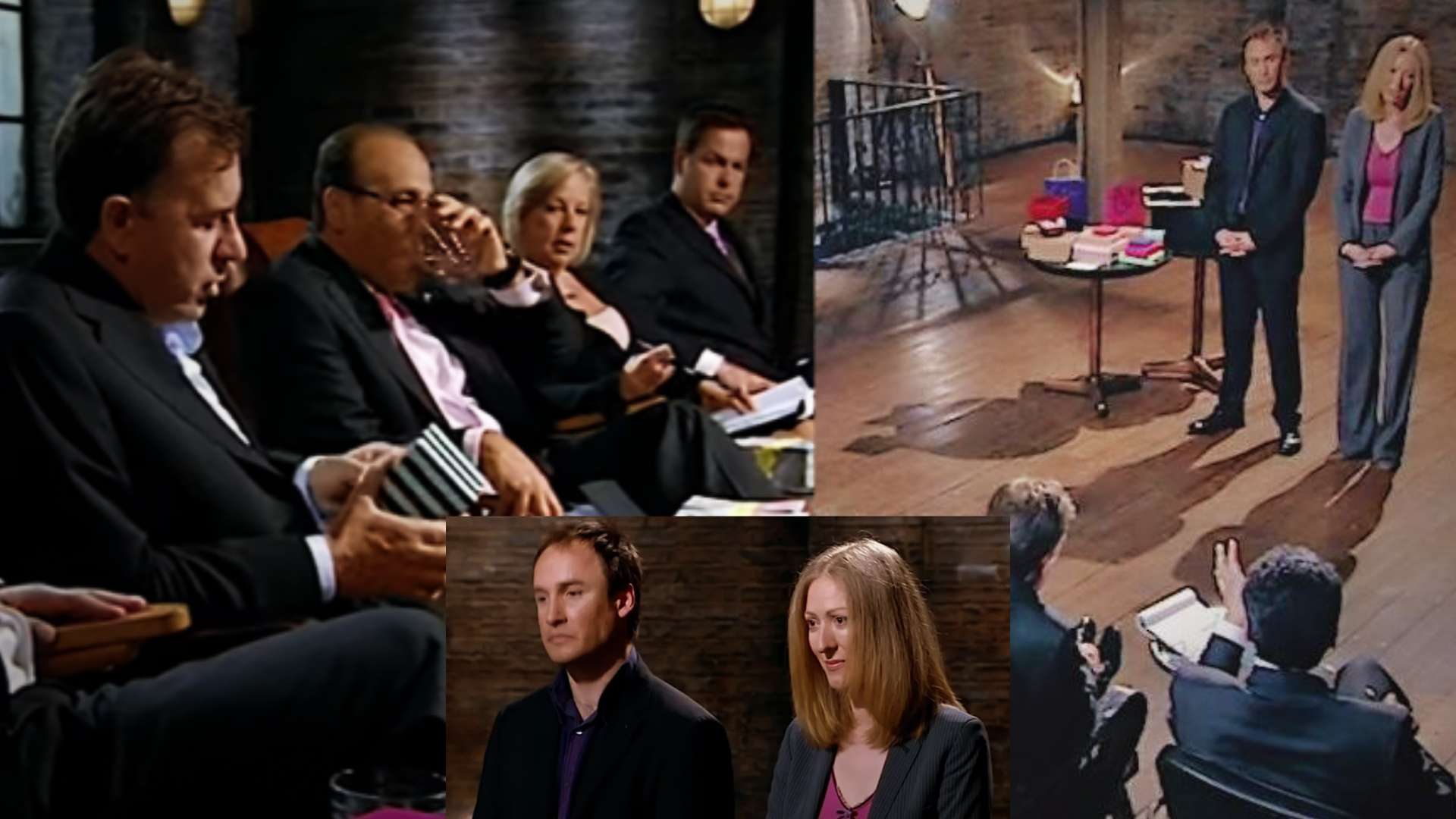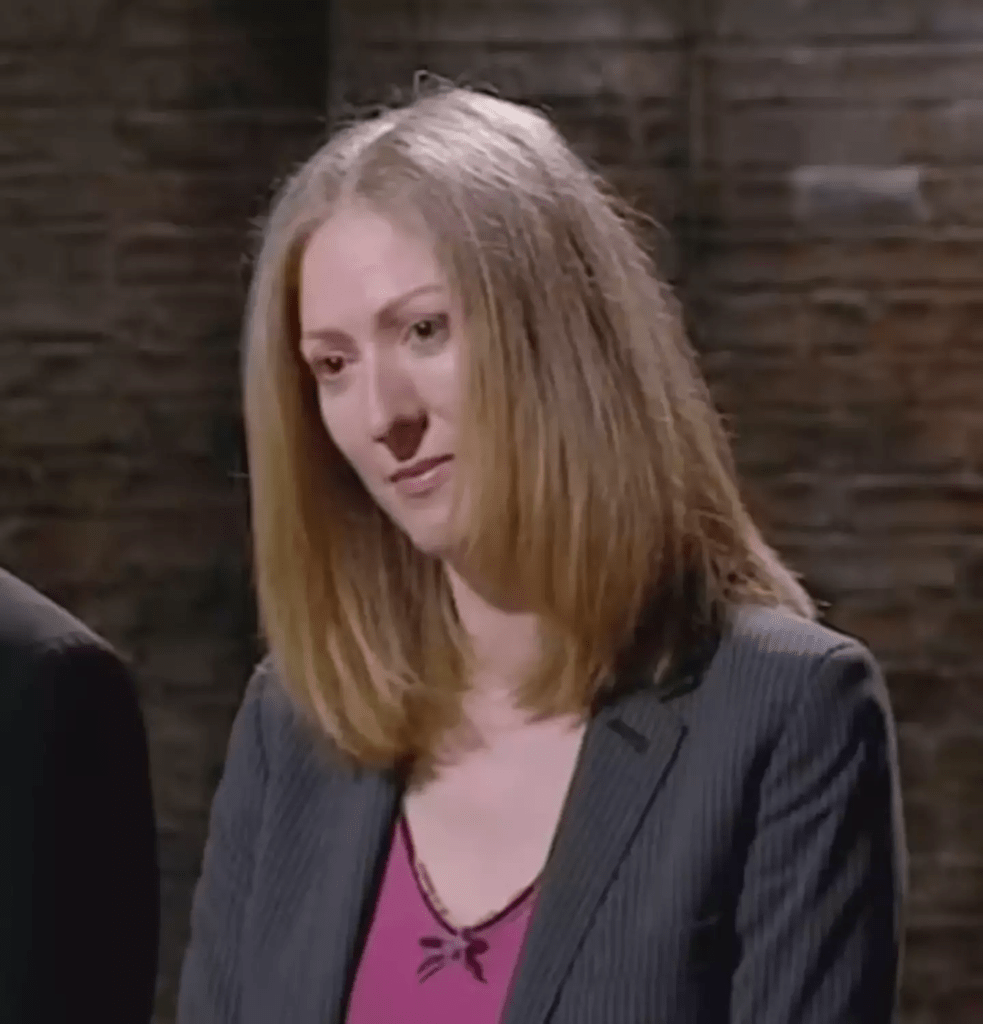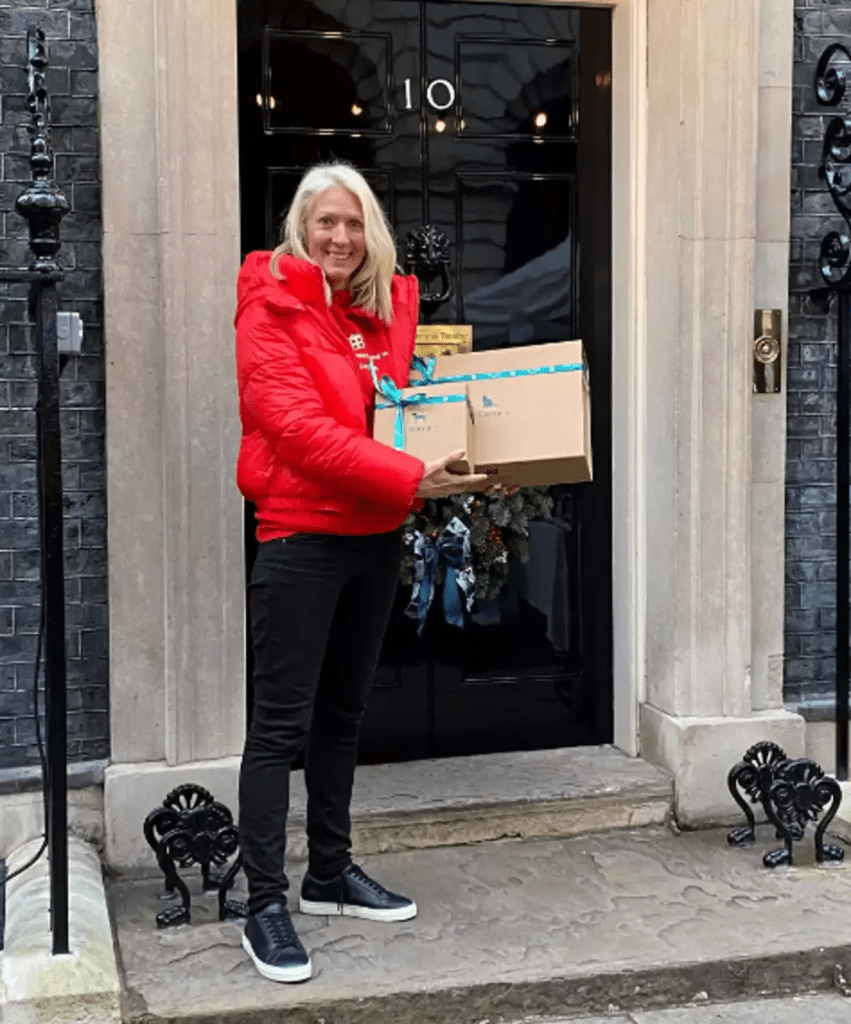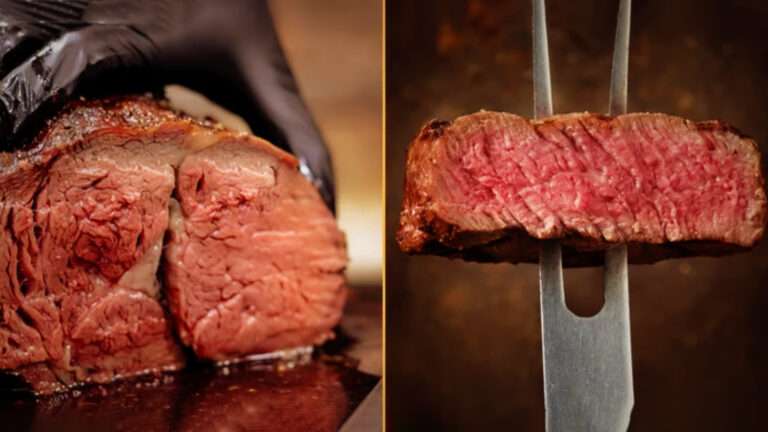From Rejection to a £10 Million Empire: The Inspirational Story of Tiny Box Company

How a Dragons’ Den “pathetic” pitch turned into a trailblazing business success.
Introduction: The Power of Perseverance in Business
Dragons’ Den is renowned for its intense atmosphere, where aspiring entrepreneurs pitch their ideas to seasoned business tycoons. While the show is often a gateway to success, it also demonstrates how even the most promising ideas can face harsh criticism. Yet, some stories from the Den prove that rejection is not the end but rather the beginning of something extraordinary.
One such tale is that of Rachel Watkyn, the founder of Tiny Box Company, a sustainable packaging business that was labeled as “pathetic” during its 2008 pitch. Facing harsh words from Dragon Duncan Bannatyne and doubts from viewers, Rachel’s idea didn’t initially seem destined for greatness. However, her unwavering belief in her vision would ultimately lead her to build a company worth £10 million annually.
This story resonates deeply with entrepreneurs navigating challenges in their journeys. Rachel’s ability to rise above negativity and transform criticism into motivation serves as an inspiration to many. But what makes her story even more compelling is how it reflects broader trends in consumer behavior, including the rise of sustainability and the shift toward eco-friendly solutions.
In this blog, we’ll explore the journey of Tiny Box Company, from its shaky start on national television to its current position as a leader in sustainable packaging. Along the way, we’ll uncover valuable lessons for aspiring entrepreneurs and celebrate the power of resilience and innovation.
The Dragons’ Den Experience: A Brutal Beginning
When Rachel Watkyn walked into the Den in 2008, she knew she was taking a bold step. Her company, Tiny Box Company, was founded on a simple yet powerful premise: to provide sustainable and eco-friendly packaging solutions for businesses. With sustainability barely a buzzword at the time, Rachel’s pitch was ahead of its time. However, instead of admiration, her idea faced scorn.
Duncan Bannatyne, known for his candid remarks, delivered some of the harshest criticism. He mocked the quality of her boxes, comparing them unfavorably to something his eight-year-old daughter could create. His comment, “It’s pathetic, it really is,” stung deeply. The other Dragons, while less harsh, appeared skeptical about the scalability of the business.

Despite the brutal feedback, Rachel and her business partner walked away with a £60,000 investment from Peter Jones and Theo Paphitis. This funding became the lifeline Tiny Box Company needed to grow, but more than the money, it was Rachel’s determination that would drive her forward.
Looking back, Rachel describes the experience as both humbling and motivating. Speaking to ITV Meridian, she recalled, “They were brutal, absolutely brutal. But off-camera, I believed in my idea and knew there was a growing market for it.” This belief was rooted in her understanding of emerging platforms like Etsy and Not on the High Street, which were fostering a community of small businesses that needed affordable, sustainable packaging solutions.
The Rise of Tiny Box Company
After securing the investment, Rachel set out to prove her doubters wrong. Her first challenge was scaling production to meet the growing demand. At the time, sustainability wasn’t mainstream, and many businesses still relied on plastic packaging. Rachel positioned Tiny Box Company as a pioneer, offering alternatives that were not only eco-friendly but also aesthetically appealing.
Today, the company produces over 1,500 different products, ranging from gift boxes to custom packaging solutions. With nearly 200,000 customers, Tiny Box Company serves businesses across various sectors, including retail, e-commerce, and handmade crafts. The rise of online marketplaces like Etsy and Not on the High Street further fueled the demand for sustainable packaging. Rachel’s foresight in recognizing this trend allowed her to tap into a rapidly growing market.
One of the company’s key innovations is its commitment to using recycled materials. By reducing waste and promoting sustainability, Tiny Box Company has positioned itself as a leader in ethical business practices. Additionally, Rachel’s focus on customer service has helped build a loyal clientele.
Today, the company generates an impressive £10 million in annual revenue, proving that sustainable practices and profitability can go hand in hand. Rachel’s journey from rejection to success underscores the importance of resilience and adaptability in the face of challenges.
Eco-Friendly Packaging: A Vision Realized
Rachel’s early insight into the importance of sustainability was ahead of its time. At a time when businesses were largely focused on cost efficiency, Rachel understood that consumers were beginning to prioritize eco-friendly products. She saw an opportunity to fill a gap in the market by providing packaging solutions that aligned with these values.
Tiny Box Company’s mission is straightforward yet impactful: to replace traditional, plastic-based packaging with sustainable alternatives. This shift is critical as the global packaging industry accounts for a significant portion of environmental waste. By offering recyclable and biodegradable materials, Tiny Box Company helps businesses reduce their carbon footprints while appealing to eco-conscious consumers.
One of Rachel’s Dragons doubted the potential of eco-friendly packaging, claiming it would never become mainstream. However, the rapid adoption of sustainable practices across industries has proven otherwise. Today, many major corporations are pledging to eliminate single-use plastics, and consumers increasingly demand environmentally responsible products.
Beyond its environmental impact, Tiny Box Company has also played a role in empowering small businesses. Affordable and customizable packaging solutions allow startups to compete with larger companies, enhancing their brand image and appeal.
This vision has not only resonated with businesses but also with government initiatives promoting sustainability. In 2024, Rachel was awarded an OBE for her contributions to sustainability, ethical business practices, and exports—a recognition that solidifies her legacy as a trailblazer in her field.

Misconceptions and Humor in Success
Despite its success, Tiny Box Company often encounters misconceptions about its business model. Rachel recounts humorous anecdotes where visitors to the warehouse express confusion upon learning the company sells “just boxes.” She laughs, recalling moments when people ask, “But what do you really sell?”
The simplicity of selling boxes might seem underwhelming, but it underscores a powerful business principle: even the most basic products can have a profound impact when aligned with broader societal trends. In this case, the shift toward sustainability and ethical consumption has made Tiny Box Company a vital player in the packaging industry.
Rachel’s humor and humility in addressing these misconceptions have endeared her to both customers and peers. It’s a reminder that success doesn’t always have to be flashy; sometimes, the most effective ideas are the simplest ones executed brilliantly.
Beyond the humor, these stories highlight the disconnect some still have regarding the importance of packaging. Rachel has made it her mission to educate others about the role packaging plays in sustainability. From workshops to social media campaigns, Tiny Box Company actively engages with its audience to promote awareness about eco-friendly practices.
Lessons for Aspiring Entrepreneurs
Rachel’s journey offers invaluable lessons for anyone looking to start their own business:
- Believe in Your Vision: Even when experts doubt you, trust your instincts. Rachel knew sustainability was the future and stuck to her convictions.
- Adapt to Trends: Identifying emerging trends like the growth of e-commerce platforms was key to Tiny Box Company’s success.
- Learn from Rejection: Use criticism as motivation. Rachel transformed Duncan Bannatyne’s harsh words into fuel for her success.
- Focus on Impact: Building a business that aligns with ethical and sustainable practices can lead to long-term success.
For more insights into Rachel’s journey and tips for entrepreneurs, follow her on Instagram.
Conclusion: The Last Laugh
Rachel Watkyn and Tiny Box Company exemplify the power of resilience, innovation, and staying true to one’s vision. From being dismissed as “pathetic” to building a £10 million-a-year business, Rachel’s story is a testament to the fact that no rejection can hold back a great idea when paired with determination and hard work.
As we celebrate her achievements, let’s remember that success often starts with believing in yourself, even when others don’t. Rachel’s journey reminds us that the path to success isn’t always smooth, but it’s always worth it.
Explore Tiny Box Company’s sustainable packaging solutions on their official website and join the movement toward a greener future.
Featured Image Credit: BBC






